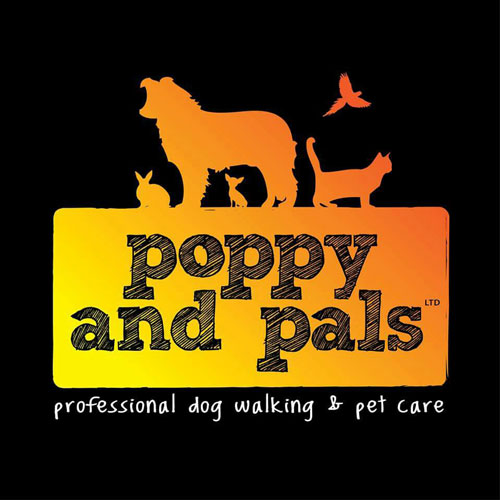Owning a pet brings you a lifetime of delight and companionship. Sadly it only lasts for the lifetime of your pet. Old age soon creeps up on our canine pals. Much like us, there are a lot of problems that come with living into old age. While you will never want your dog to suffer, you will find you will need to put yourself out more and more as time goes on.
Preparing yourself to look after an elderly dog is a challenge. You need to be ready to pick up the bill at the veterinarian’s more often as the insurance will cover less and less. Your elderly dog may have different dietary requirements as they slow down into retirement. A lower fat version of their food may be required as they choose to exercise a little less.
Your dog’s digestive system may also go through some changes that warrant a change in diet. The first sign of trouble may be constipation or diarrhea. Always see your vet if that happens so the underlying cause can be diagnosed. Keep your canine well hydrated with plenty of fresh water to help either symptom.
Each time you take your older dog for a walk, you will need to allow more time. Older dogs walk slower and take their time to investigate their environment. It may take longer for them to toilet as well. Make sure you give yourself plenty of time to take your dog for walks. Playing may be less enthusiastic due to achy joints too. Let your dog lead when it comes to play. He’ll let you know what he’s up for doing.

Illnesses associated with old age may creep up on your dog too. Give him plenty of comforts and be prepared to spend more time with him during the days. Older dogs can find it more difficult to move about the house, so consider keeping the hallways clutter free. You can even buy raised water and food bowls to save him having to bend over his meals.
Some people fear their elderly dogs are cold due to age. This could also be the sign of an underlying health complaint so discuss it with your veterinarian. You may need to be more gentle with brushing, bathing, and lead handling for an older dog too. There are more tips and advice on looking after your dog at Pet Pad that may be useful in these circumstances.
Some breeds of dog are prone to growths and lumps when they reach old age. While many are harmless and nothing to worry about, you will need to ask your veterinarian to confirm this. Travel in the car may be harder for an older dog. They find it harder to balance and may be thrown about a bit on corners. You can provide extra padding in their travel housing, or you may choose to leave them at home.
Old dogs are just as loving and happy to be with you as younger canines. They may require a little more of your time and care, but you can still enjoy the companionship. Take good care of your pooch as he ages.
